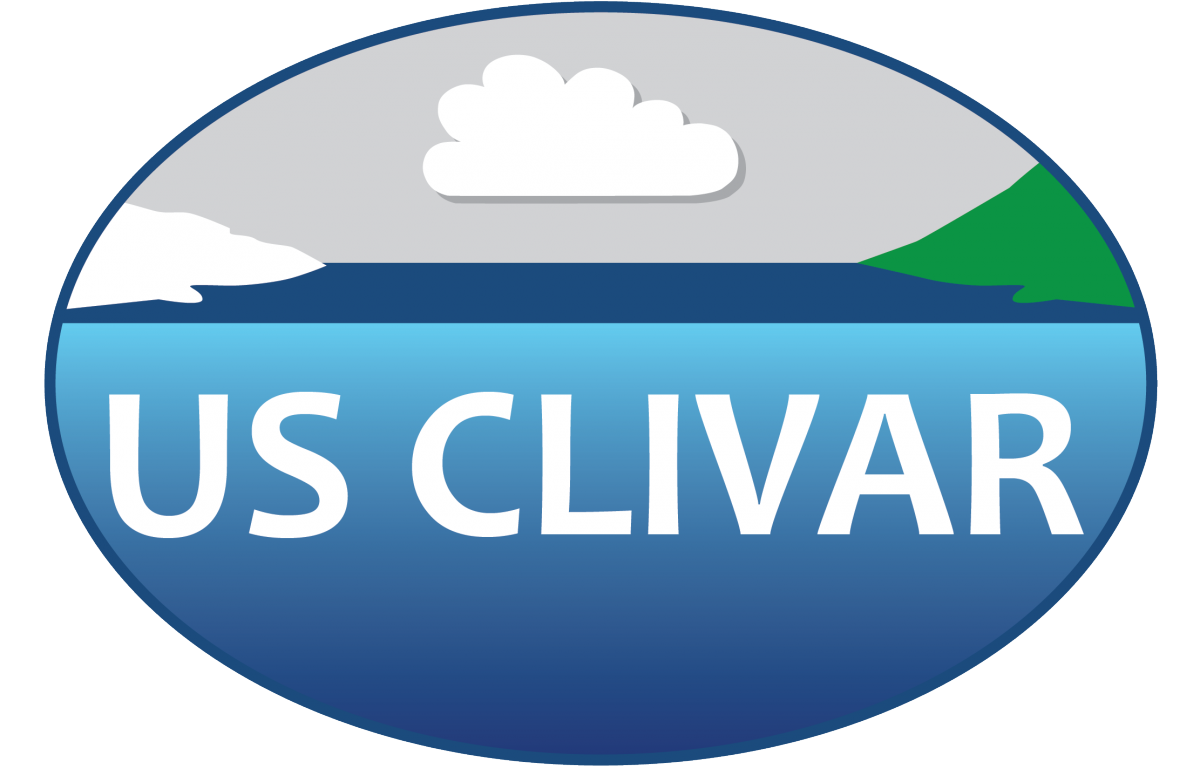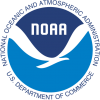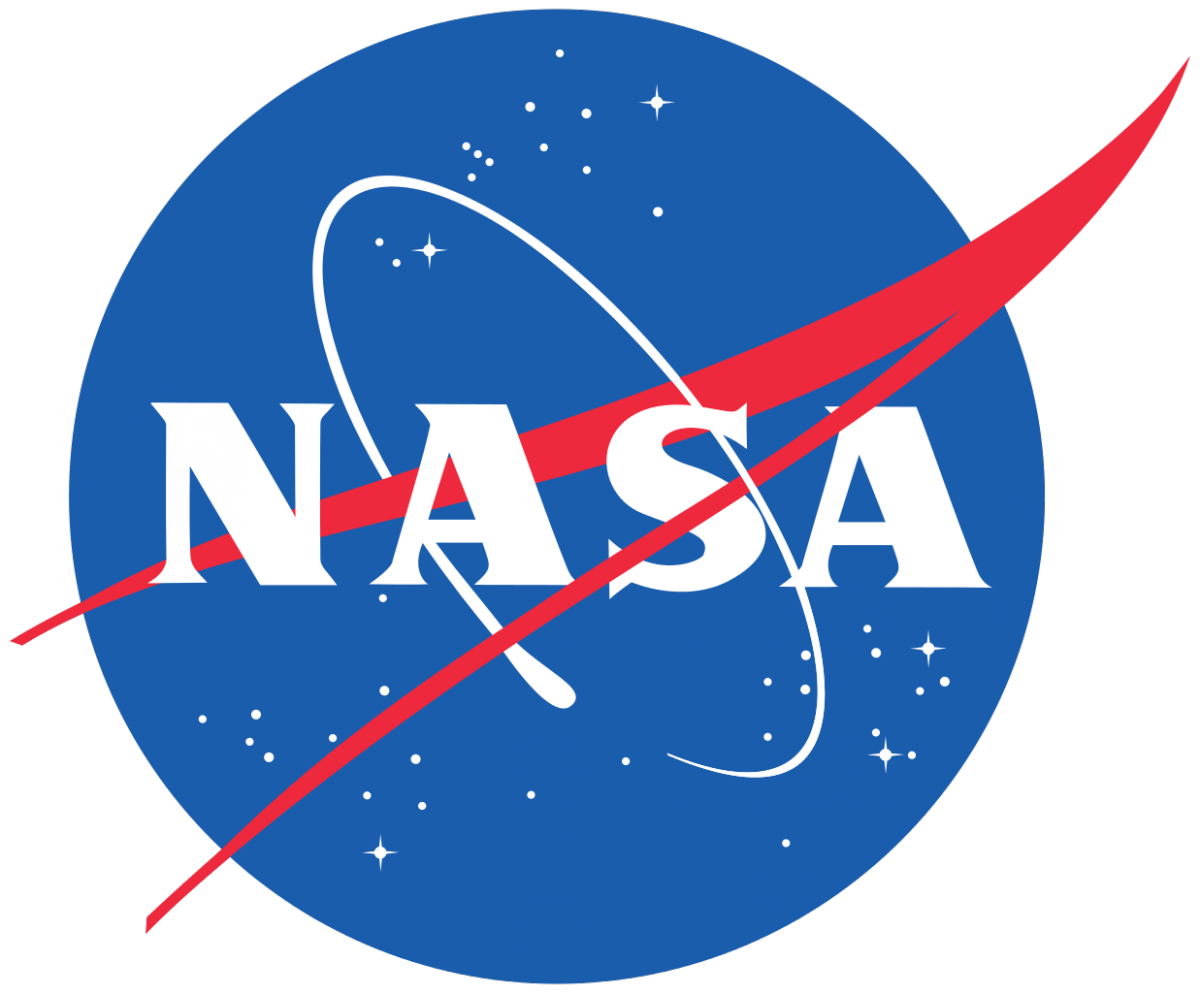Sea Level Hotspots from Florida to Maine
Objectives
From Florida to Maine, coastal communities are on the frontline of climate change. Regional “hot spots” for sea level change and variability can be found up and down the coast, where highly populated and developed areas are vulnerable to tidal and episodic flooding. Studies show that flooding events have been increasing in frequency and intensity, and are projected to further accelerate with sea level rise. Planning and adaptation efforts to improve coastal resilience are already in place in large urban areas such as New York City, Miami, and others. But are these plans sufficient, and what best practices can be shared with other communities? This workshop provides an avenue to discuss the drivers, impacts, and adaptation to sea level changes from Florida to Maine, with a focus on benefiting community efforts and enhancing collaboration. The workshop will bring together the scientific community, decision makers, and coastal stakeholders to discuss the state-of-the-art of knowledge about sea level changes in the region.
Key workshop objectives are to:
- Discuss processes and key drivers of sea level changes from Florida to Maine and over a wide range of timescales, such as those caused by long-term global changes, local land subsidence, changes in boundary currents (Florida Current and Gulf Stream), and local and remote weather;
- Identify current resources and efforts aimed at monitoring and predicting sea level changes from Florida to Maine;
- Evaluate the current and future impact of sea level changes to coastal communities and ecosystems;
- Assess current efforts in place aimed at improving coastal resilience; and
- Foster opportunities to engage the science community with local coastal resilience managers and experts.
Key questions identified by the scientific committee include:
- What efforts are already in place and aimed at mitigating effects of sea level rise and improving overall coastal resilience? What are the most important time horizons and the best management practices?
- What resources are currently in place aimed at monitoring and predicting sea level changes from Florida to Maine?
- What are the key drivers of sea level changes, from coastal Florida to Maine, and what are their dominant timescales?
- What are the best practices for linking scientific information with decision-making support tools, and how to approach the non-stationarity of flood statistics?
Participants
The workshop will bring together scientists, decision makers, and coastal stakeholders interested in sea level research, planning, and adaptation. Meeting participation will be limited to 80 participants who are selected through an application process. You are encouraged to apply by January 25 (Abstract submission deadline has been extended to February 4 for Federal government employees). If space permits, additional applicants can apply to attend until April 1 or until capacity is reached. Limited travel support is available for early career scientists and coastal stakeholders through a short application provided during registration. Abstracts can be submitted for poster presentations (Note: an abstract is not required to attend the workshop). The Organizing Committee will review applications, abstracts, and travel support requests and make decisions in February 2019.
Format
The workshop will include plenary sessions with invited talks, a poster session, and in-depth discussions. At the end of the meeting, workshop participants are invited to a round-table planning and writing session that will produce the workshop report. A more detailed agenda will be coming soon.
Outcomes
A key outcome of the workshop will be the sharing of information and opportunities among the diverse gathering of scientists, decision makers, and coastal stakeholders. A workshop report will summarize key findings, identify gaps in knowledge and resources, and recommend next steps to improve the scientific basis for understanding sea level changes and to improve coastal resilience efforts.
Scientific Organizing Committee
Ricardo Domingues, U. Miami/NOAA AOML (co-chair)
Klaus Keller, Penn State (co-chair)
Krisa Arzayus, NOAA IOOS
Larry Atkinson, Old Dominion University
Carmen Boening, NASA JPL
Emanuele Di Lorenzo, Georgia Tech
Gary Mitchum, U. South Florida
William Sweet, NOAA NOS
Phil Thompson, U. Hawaii
Kathleen White, US Army Corps of Engineers
Program Organizing Committee
Jeff Becker (US CLIVAR)
Mike Patterson (US CLIVAR)
Jennie Zhu (US CLIVAR)
Workshop Sponsors




